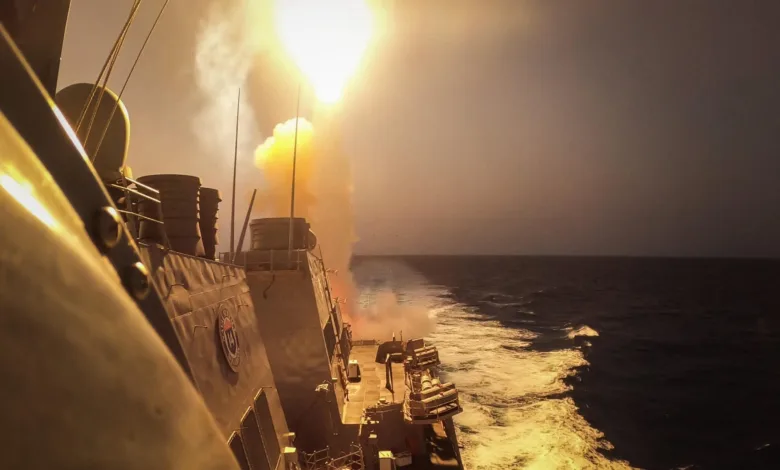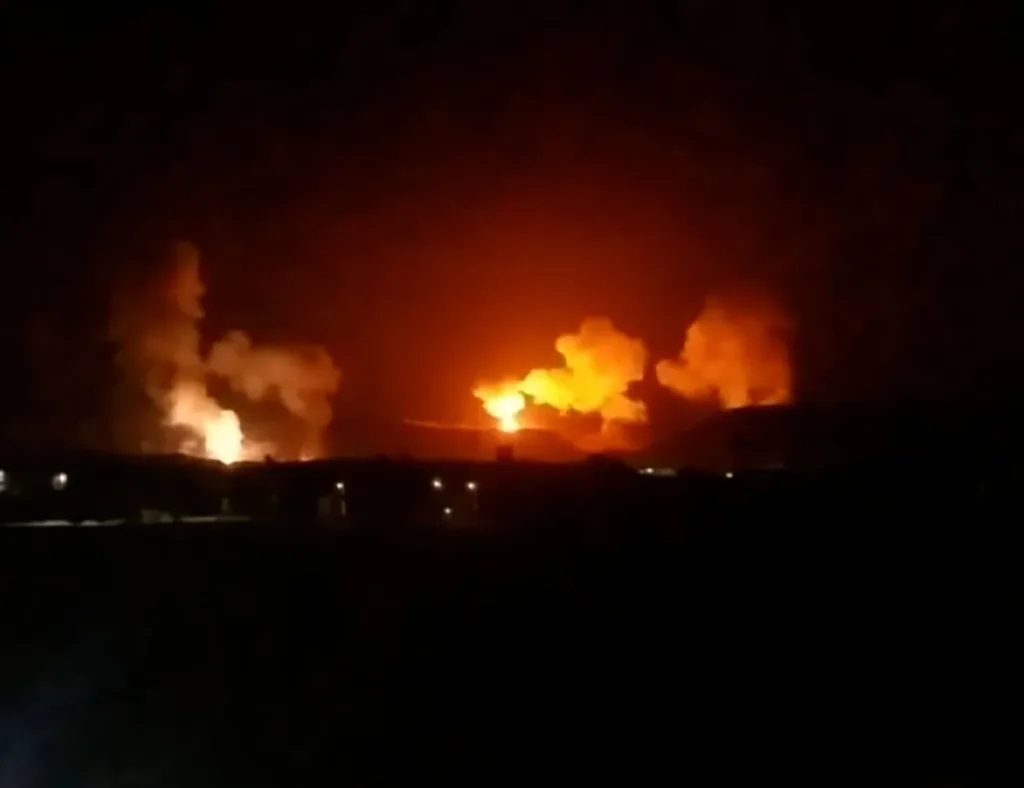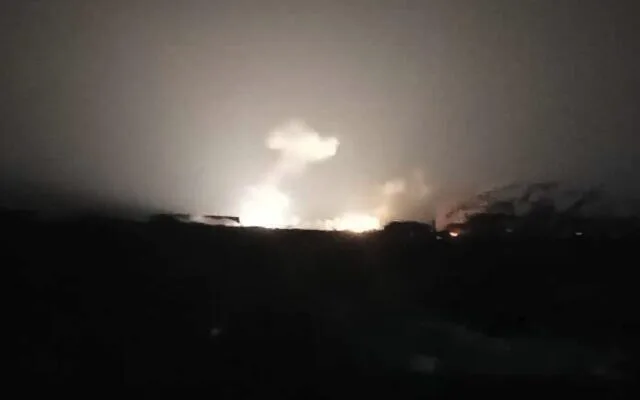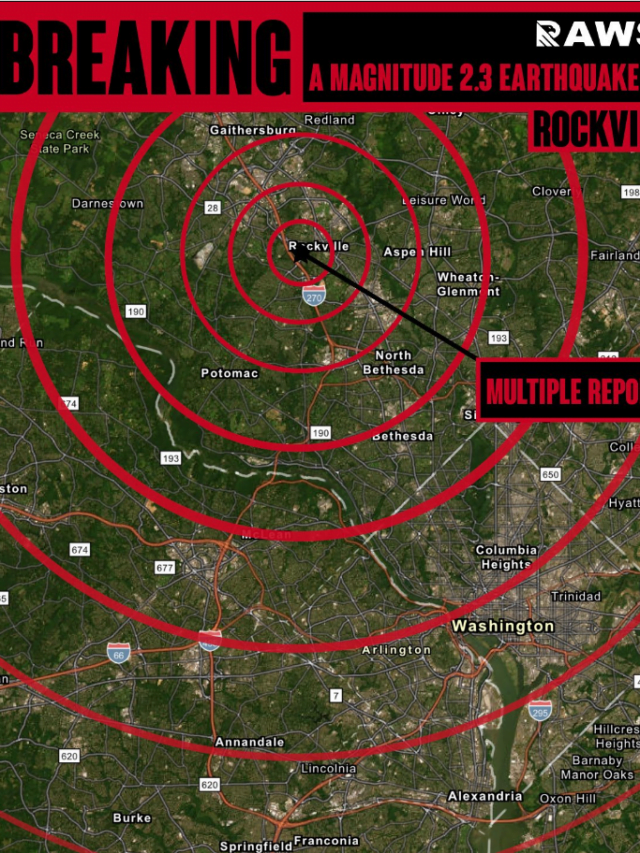

US-UK Military Coalition Takes Decisive Action with Strikes on Houthi Forces
US-UK Military Coalition launched targeted strikes on multiple Houthi-controlled areas in Yemen. They have support from Australia, Bahrain, Canada, and the Netherlands. This targeted attack response to drone and missile attacks by the Iran-backed Houthi militant group on ships in the Red Sea.


This is in response to “unprecedented Houthi attacks against international maritime vessels in the Red Sea.” said President Joe Biden. The strikes targeted over 60 locations at 16 Iranian-backed Houthi militant sites including command and munitions depots, control nodes, launching systems, production facilities, and air defense radar systems.
This decision to strike shows the growing international concern over the threat posed to one of the world’s most critical waterways. The US-UK had previously avoided direct involvement in Yemen due to the risk of escalation because ongoing Israel-Hamas conflict. The continuous Houthi attacks on international shipping compelled the coalition to take action.


Fighter jets and Tomahawk missiles were employed in the strikes, with targets including radar systems, drone storage and launch sites, ballistic missile storage and launch sites, and cruise missile storage and launch sites. The USS Florida, a guided missile submarine, was part of the operation, firing Tomahawk land-attack missiles.
The strikes were a response to the Houthi attacks on Red Sea shipping earlier in the week, which marked the tipping point for President Biden to authorize the action. The attacks have forced major shipping companies to reroute vessels around Africa, adding significant mileage to their routes.
Secretary of Defense Lloyd Austin, currently hospitalized, reportedly ordered and monitored the strikes in real-time from the hospital. The Pentagon emphasized that the precision-guided munitions used were aimed at specific military capabilities, and there was no intention to target civilian population centers.
While the US accuses Iran of operational involvement in the Houthi attacks, the international community has shown unity in responding to what is perceived as “reckless” and “dangerous” activities threatening freedom of navigation in the Red Sea. The situation remains fluid, with the possibility of further actions against the Houthis, as indicated by a senior US administration official.
In the aftermath of the strikes, there are concerns about potential escalation and calls for restraint have been made by Saudi Arabia, urging parties to avoid further tensions. The international community, having previously formed a defensive coalition to safeguard Red Sea shipping, now faces the complex challenge of addressing the broader implications of this military response.





